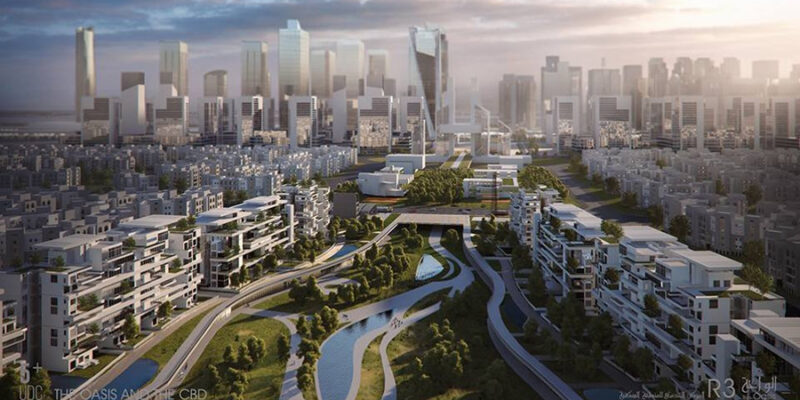The concept of a smart city is rapidly transforming urban landscapes across the globe, and Africa is no exception. In recent years, several African cities have emerged as leaders in integrating technology to enhance the quality of life for their residents.
These cities are not just about technological advancements; they represent a holistic approach to sustainable and efficient urban living, where technology serves as a tool to address urban challenges and improve public services.
They are pioneering in areas like e-governance, digital economy, green energy, and sustainable urban development. They are setting examples for other cities to follow, showcasing how technology can be leveraged to make cities more livable, resilient, and inclusive.
Let us take a look at some of the most developed ones out there.
10. Tunis, Tunisia
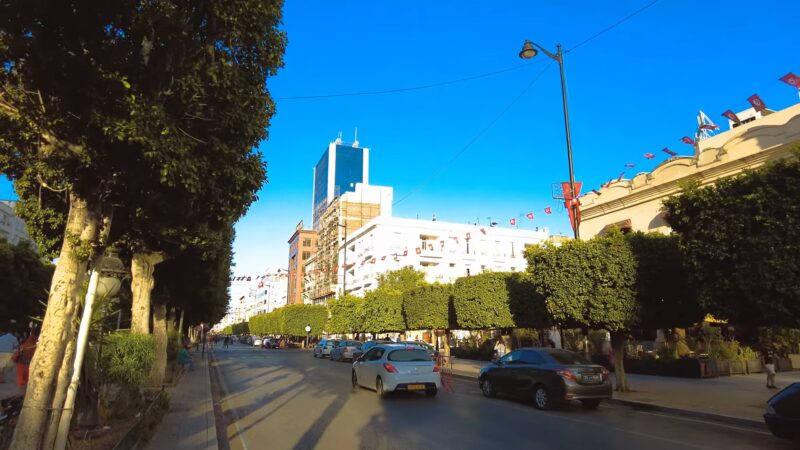
Tunis, the capital of the country, is another African city making significant strides in becoming a smart city. The city’s efforts in the digitalization of services are commendable, as it seeks to leverage technology to improve the efficiency of public services and enhance the overall urban experience.
Prominent Features:
- Digitalization of public services
- Technological advancements in urban planning
Tunis’s road toward becoming a smart city is marked by a balanced approach that integrates technology while preserving its rich cultural heritage. This blend of tradition and innovation makes Tunis an intriguing destination for those interested in how technology can be harmoniously integrated into the fabric of a historic city.
9. Abidjan, Ivory Coast
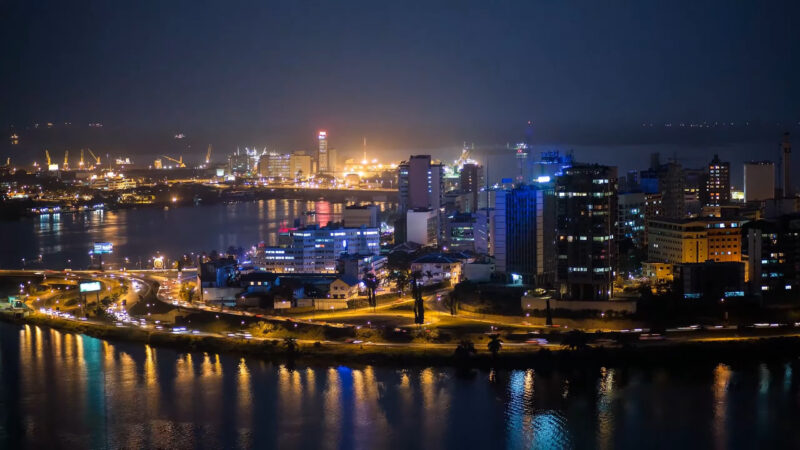
Abidjan, the economic capital of Ivory Coast, is on its way to becoming a smart city. The city’s digital transformation is geared towards achieving the United Nations Sustainable Development Goals (SDGs), with a strong emphasis on sustainability and efficiency.
Prominent Features:
- Digital transformation aligned with the UN SDGs
- Technological support from United Cities and Local Governments of Africa (UCLG Africa)
Abidjan’s commitment to sustainable urban development is evident in its adoption of modern technologies. These technologies are not only enhancing the city’s infrastructure but also improving the lives of its residents by making urban services more accessible and efficient.
Abidjan’s progress in smart city development is a compelling reason to visit and witness its transformation firsthand.
8. Dakar, Senegal
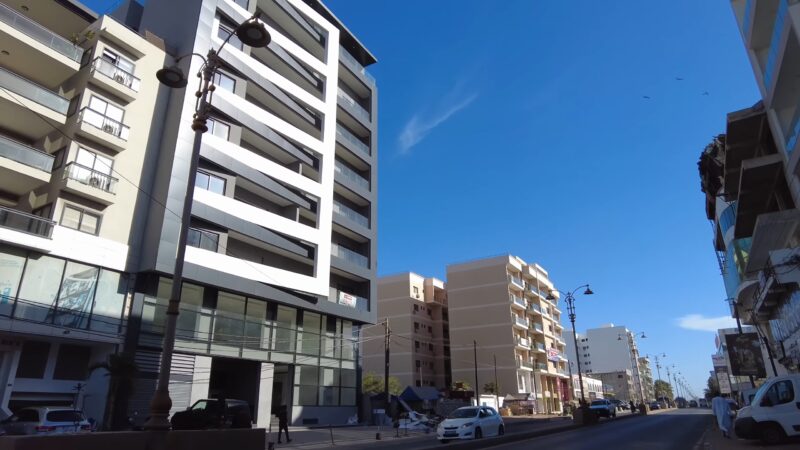
Dakar is making significant progress in its path to become a smart city. The city is embracing technology to enhance urban living, focusing on creating a sustainable and efficient environment for its residents.
Prominent Features:
- Implementation of smart city technologies
- Focus on sustainable and efficient urban living
Dakar’s approach to urban development is centered around the use of innovative technologies to address urban challenges, particularly in areas like transportation, energy, and public services. This commitment to leveraging technology for urban improvement makes Dakar an exciting destination for those interested in the future of African cities.
7. Oranjemund, Namibia
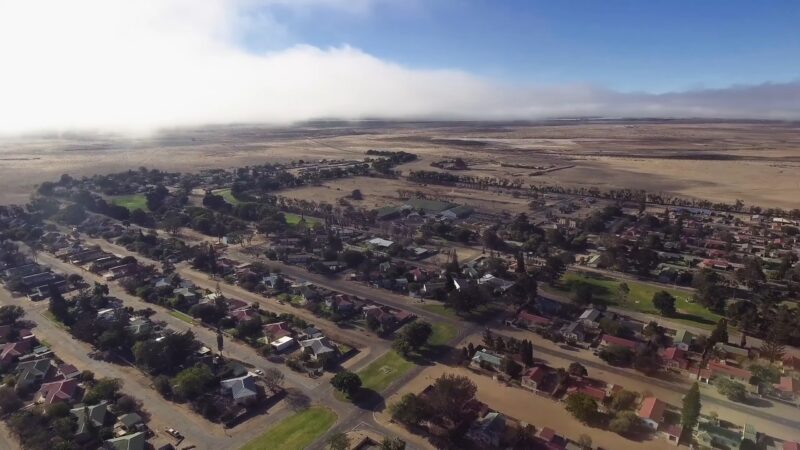
Oranjemund is on the path to becoming a smart city. The town’s digital initiatives are geared towards sustainable development, aligning with global standards and practices.
Prominent Features:
- Digital initiatives for sustainable development
- Progress in smart city transformation
Oranjemund’s transformation into a smart city is particularly noteworthy for its focus on sustainability. The town is utilizing technology to enhance various aspects of life while ensuring environmental conservation and sustainability. This makes Oranjemund a must-visit for those interested in seeing how smaller towns are adopting smart city concepts.
6. Nairobi, Kenya
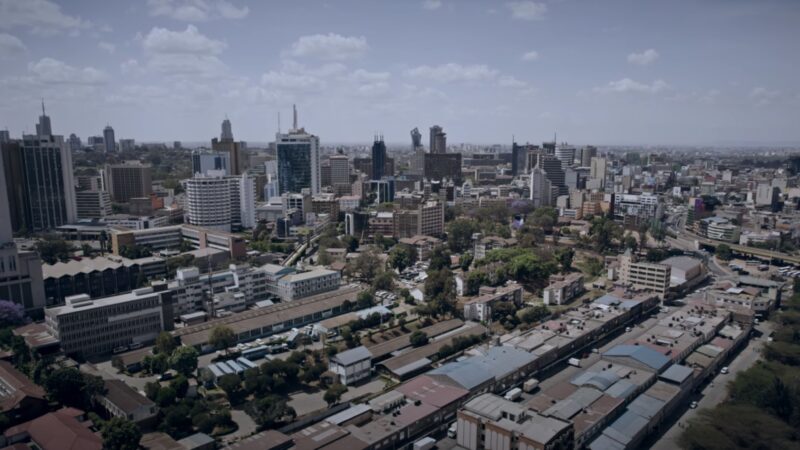
Nairobi is rapidly emerging as a leading smart city in Africa. Known as the “Silicon Savannah,” Nairobi’s efforts to create a smart city are evident in projects like Konza Techno City.
Prominent Features:
- Development of Konza Techno City
- Integration of smart technology in urban development
Nairobi’s smart city initiatives include the integration of gadgets and sensors in roads and structures, optimizing traffic, infrastructure, and citizen engagement. The widespread use of mobile technology, like M-Pesa, further underscores Nairobi’s position as a tech hub.
This blend of technology and urban development makes Nairobi a fascinating destination for tech enthusiasts and urban explorers.
5. Lagos, Nigeria

Lagos is rapidly transforming into a smart city. Known for its dynamic culture and innovation, Lagos is embracing technology to enhance the urban experience for its residents and visitors.
Prominent Features:
- Technological innovation in urban development
- Sophisticated urban fabric with a focus on smart solutions
Lagos is leveraging technology to address its urban challenges, particularly in areas like transportation, infrastructure, and public services.
The city’s commitment to technological advancement is creating limitless opportunities for growth and development, making Lagos an exciting destination for those interested in the intersection of urbanization and technology.
4. Algiers, Algeria
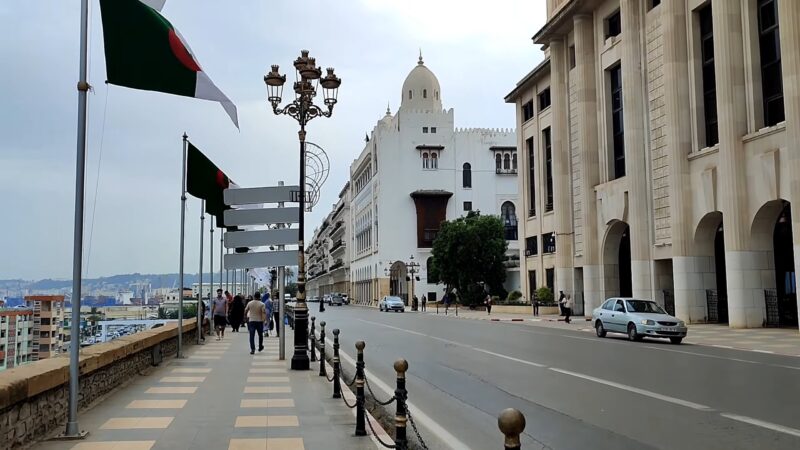
Algiers’ focus on green start-ups and climate resilience is setting a new standard for urban development in Africa. Algiers is actively supporting local green start-ups, which are playing a crucial role in driving the city’s sustainable development goals.
Prominent Features:
- Support and growth of green start-ups
- Initiatives for strengthening climate resilience
The city’s commitment to enhancing climate resilience is evident in its urban planning and development strategies. Algiers is adopting innovative solutions to tackle environmental challenges, making it a model for sustainable urban development.
The city’s approach to balancing technological advancement with environmental sustainability is a key reason to explore Algiers, offering insights into how African cities are adapting to the challenges of the 21st century.
3. Rabat, Morocco
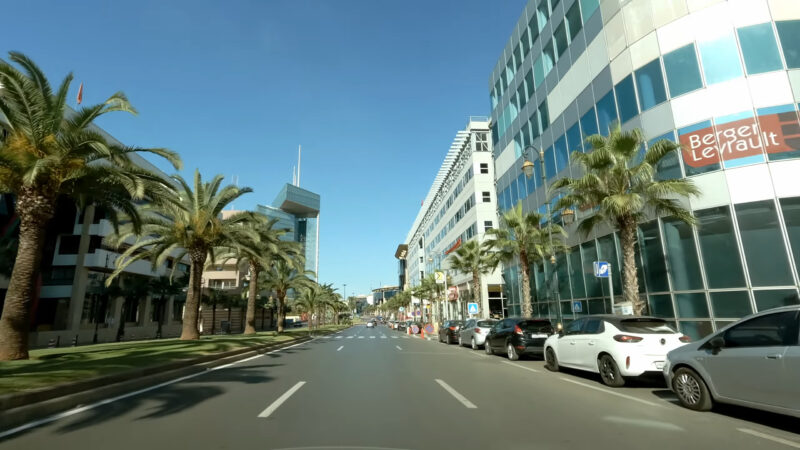
Rabat, the capital of Morocco, blends its rich history with modern technological advancements. The city has become a key player in smart city events across Africa, showcasing its commitment to digital transformation and sustainable urban development.
Prominent Features:
- Leadership in smart city events and digital transformation
- Focus on sustainability and digital connectivity
Rabat’s initiatives in digital connectivity are particularly noteworthy. The city is leveraging technology to enhance various aspects of urban life, from public services to environmental management.
This approach not only improves the quality of life for its residents but also positions Rabat as a model for other African cities looking to embark on a similar path of smart urbanization.
2. Cape Town, South Africa
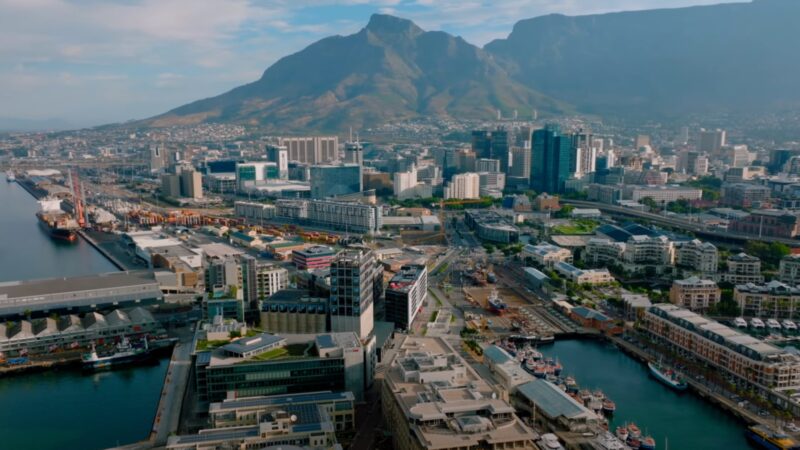
Cape Town, known for its stunning landscapes, is also emerging as a smart city leader in Africa. The city’s open data site is a testament to its commitment to transparency and public engagement. By making city-collected data accessible to the public, Cape Town is fostering a culture of openness and innovation.
Prominent Features:
- Open data site for public access to city-collected information
- Free internet availability on city buses
The use of real-time data in Cape Town is revolutionizing public services like disaster risk management, law enforcement, and fire and rescue operations. The establishment of the Cape Town Emergency Dispatch Centre, integrating various public safety systems, is a significant step towards creating a more responsive and efficient urban environment.
Cape Town’s blend of technological innovation and public service enhancement makes it an exemplary smart city in Africa.
1. Cairo, Egypt
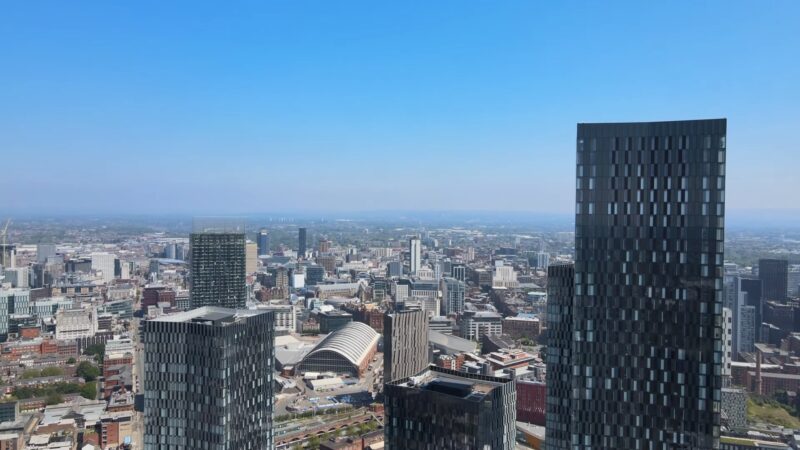
Cairo stands out as a leading smart city in Africa. Its journey towards becoming a smart city is marked by significant strides in digitalizing services and embracing new technological advances.
Cairo is at the forefront of integrating artificial intelligence in various sectors, notably in telemedicine and e-mobility, which are revolutionizing healthcare and transportation in the city.
Prominent Features:
- Advanced use of artificial intelligence in telemedicine
- E-mobility initiatives enhancing transportation
The city’s efforts in digital economy development are also noteworthy. Cairo is rapidly evolving into a digital hub, with a focus on creating a robust infrastructure that supports the digital economy and fosters innovation.
FAQs
What is the smartest city in the world?
Singapore is often recognized as the smartest city in the world, known for its advanced use of technology in urban planning, efficient public services, and sustainable living initiatives.
What is the most successful city in Africa?
Johannesburg, South Africa, is frequently cited as one of the most successful cities in Africa, known for its robust economy, significant financial and industrial sectors, and as a major hub for commerce and trade. It is also an important hub for tourism on the continent.
What is the happiest town in Africa?
Port Louis, Mauritius, is often regarded as one of the happiest towns in Africa, known for its high quality of life, beautiful landscapes, and a strong sense of community among its residents.
What are Africa’s 3 fastest growing cities?
Africa’s three fastest-growing cities are Lagos in Nigeria, Kinshasa in the Democratic Republic of Congo, and Cairo in Egypt. These cities are experiencing rapid urbanization and population growth, driven by economic opportunities and increasing urban migration.
Closing Thoughts
The emergence of smart cities in Africa is a testament to the continent’s commitment to embracing technology for sustainable urban development. From Cairo’s advancements in digital economy and e-mobility to Kigali’s Vision City project, these cities are at the forefront of technological innovation.
Visiting these smart cities offers a glimpse into the future of urban living in Africa, where technology, sustainability, and improved quality of life converge.
